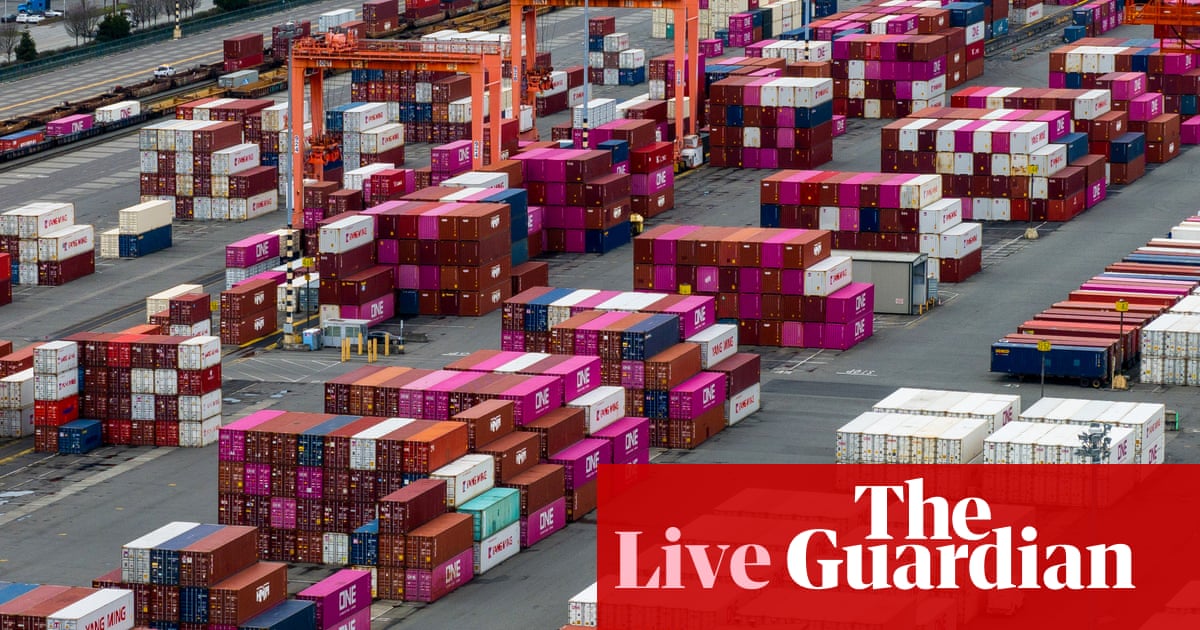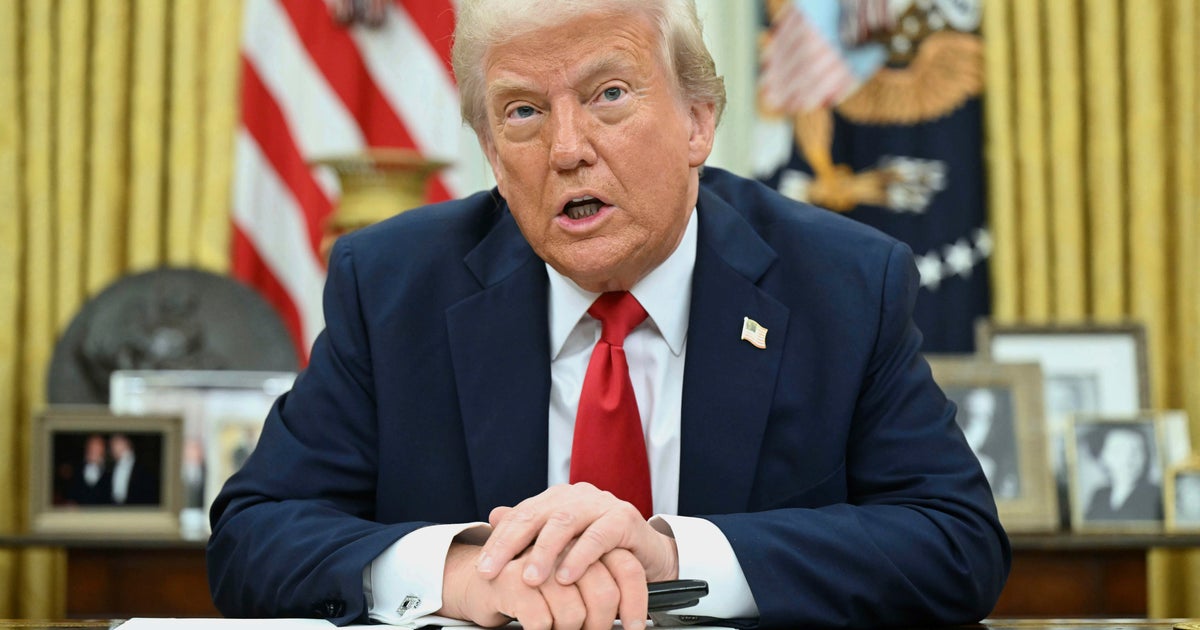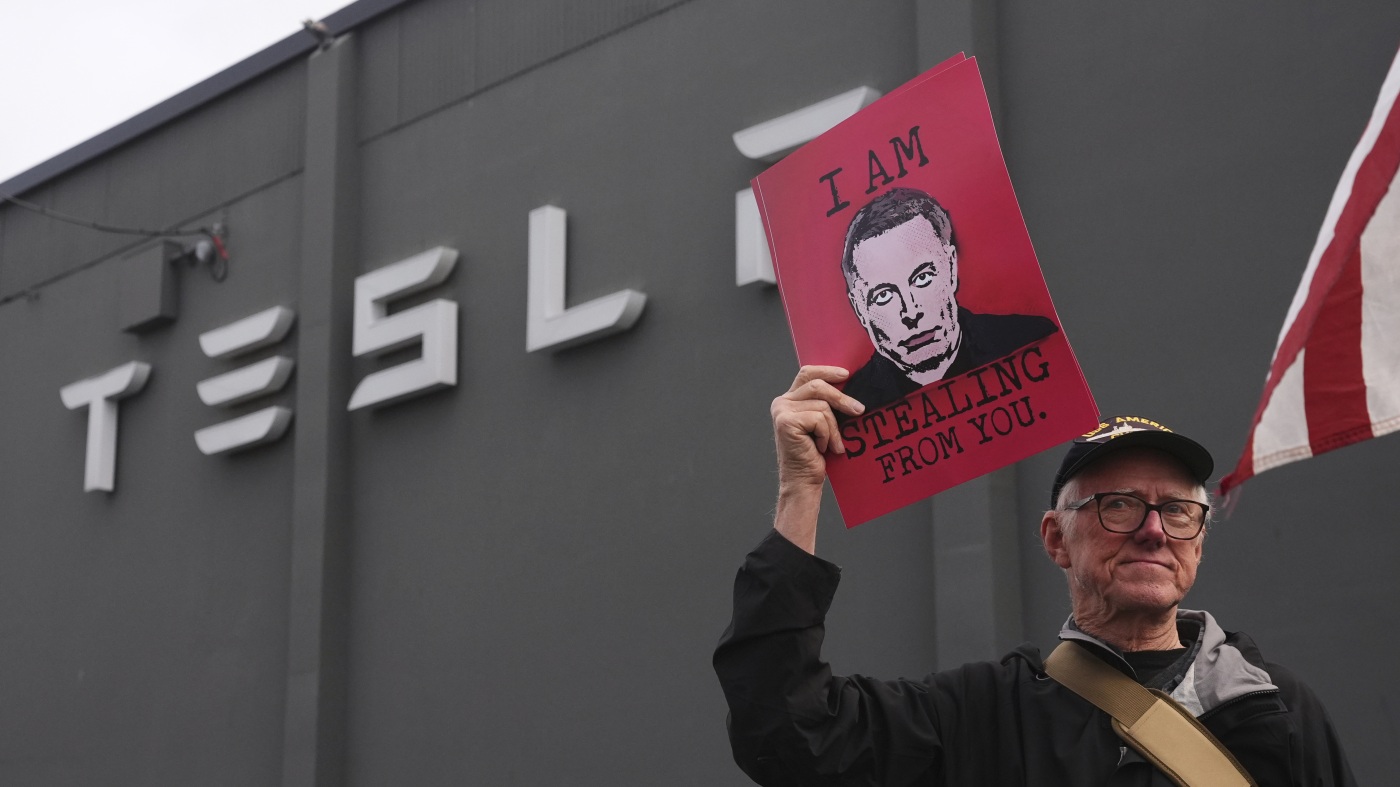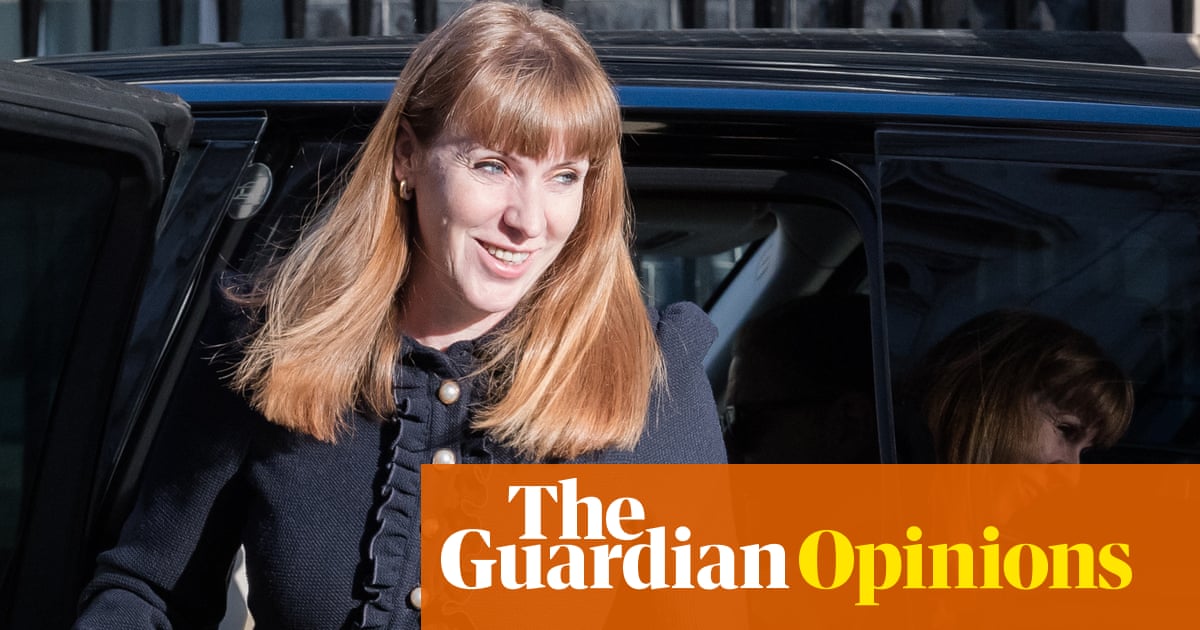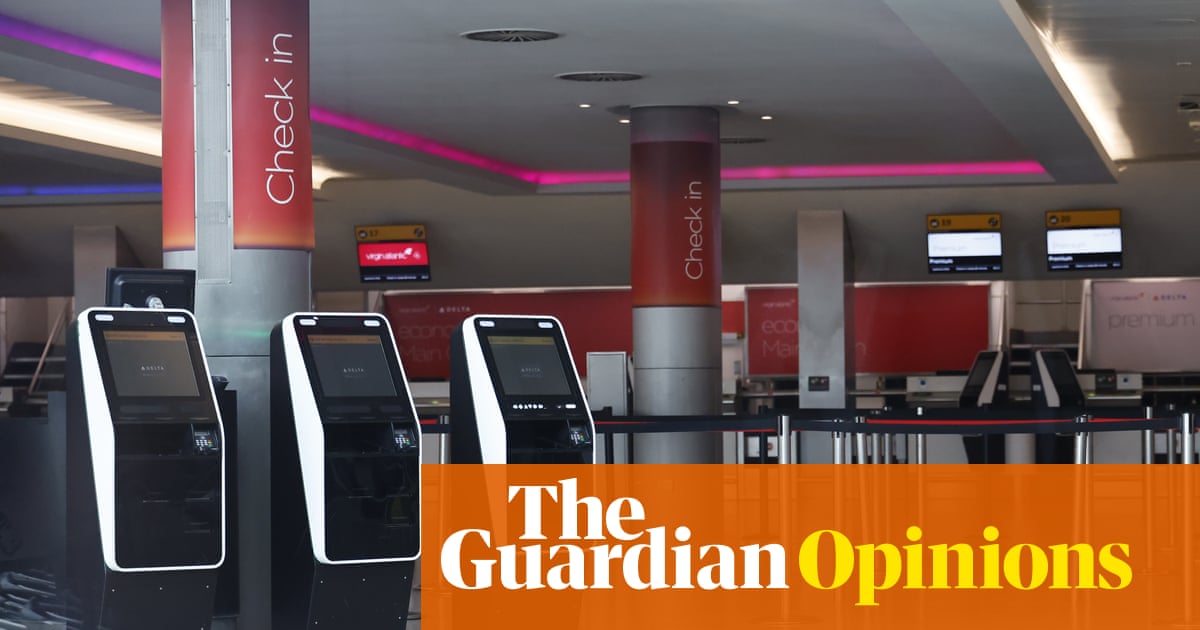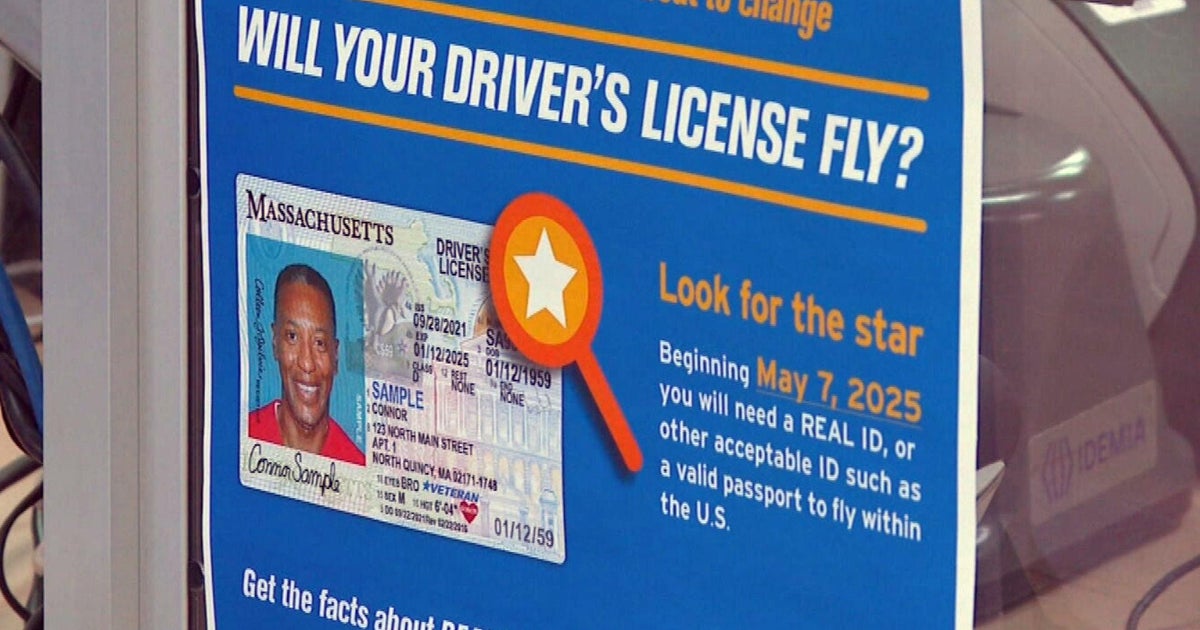
The Guardian view on Donald Trump’s tariffs: a spectacle of struggle and control | Editorial
Donald Trump has probably not read much Michel Foucault. But he appears to embody the French philosopher’s claim that “politics is the continuation of war by other means”. Nowhere is this more apparent than in his fondness for tariffs. He presents taxing foreign imports as a way to rebuild the American economy in favour of blue-collar workers left behind by free trade and globalisation. Yet he plainly thinks that politics is not about truth or justice. It is about leverage and supremacy.
Britain is learning first-hand that Mr Trump, with his us-versus-them framing and taste for spectacle, is an accidental Foucauldian – using tariffs as tools of loyalty and dominance, even against allies. If Mr Trump follows through on his threat to impose a 20% tariff on all imports, UK growth will suffer. The effect depends on the response. No British retaliation would mean GDP 0.4% lower this year and 0.6% next. A global trade war would push that to 0.6% and 1%. Either outcome would wipe out the government’s fiscal headroom. But while British policymakers fret over the shrinking margins of fiscal rules, Mr Trump sees no need to cloak power in objectivity.
His rationale for imposing tariffs is confused. But two things appear to be driving this. One is his self-styled image as the ultimate dealmaker; the man who can turn any situation to his advantage. The other is his view of politics as a means for structuring society to favour one group over another – not just economically, but in terms of legitimacy and who defines reality. Tariffs will probably be lifted if nations accede to Mr Trump’s wishes and, in doing so, reward politically useful constituencies, big tech allies or his wealthy donors.
All three are visible in a paper-thin UK–US “economic deal”, likely to result in the lifting of Trump’s tariffs – if the US signs it. It, reportedly, would further open British markets to US agribusiness; end the digital services tax, which applies to companies such as Amazon and Google; and make it difficult to hold AI companies, like those owned by Mr Trump’s ally Elon Musk, liable for harm. The danger is that whenever there’s a grievance, Mr Trump threatens tariffs – then offers to lift them if you do what he wants.
It’s even more blatant with the EU, which is expected to fine Apple and Meta under its digital competition rules. After backing Mr Trump early, Meta’s Mark Zuckerberg is now calling in a favour – urging the administration to fold his fight with Brussels into the tariff plans, casting regulation as just another front in the trade war.
What makes Mr Trump’s “Liberation Day” so dangerous is its scale. In 2024, the US ran a $1.2tn trade goods deficit. Only two months from his White House return, Mr Trump has imposed tariffs on goods from Canada, Mexico, China, all steel and aluminium imports, and foreign cars and auto parts. Next up: friends in Asia, including Japan, South Korea, Taiwan, India and Vietnam.
What emerges is less trade policy than performance politics – where coercion, loyalty and theatre converge. This is Foucault not in footnotes but in action: power exercised not through rules, but through disruption and dealmaking that rewards fealty and punishes defiance. Britain, like others, is navigating a battlefield. The US president is no student of Foucault but he seems to grasp the lesson. For him, war isn’t the alternative to politics. It is politics.
-
Do you have an opinion on the issues raised in this article? If you would like to submit a response of up to 300 words by email to be considered for publication in our letters section, please click here.



